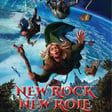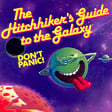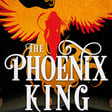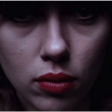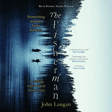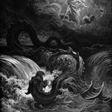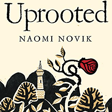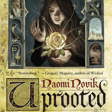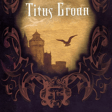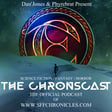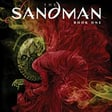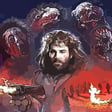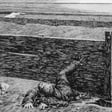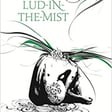
Mulholland Drive with Tade Thompson
Bean and Dan are joined once more by one of the good friends of Chronscast, Tade Thompson, to discuss the great David Lynch's towering masterpiece, Mulholland Drive. Lynch is one of our favourite filmmakers, and his films continue to astound and bewilder like no other director's can. We wanted to do an episode to give our own small tribute to the great man, so you can imagine our delight when our old pal Tade told us of his own love for Lynch.
We decided to talk about Mulholand Drive, as it is probably his greatest work, arguably his most successful and influential, and often cited as one of the greatest films of the 21st century. At once a poison-pen-cum-love-letter to Hollywood, the film reflects Lynch's own highly complicated relationship with the moviemaking machine in Los Angeles.
It follows the story of Betty, whose own nightmarish descent through the Dante-like hellish circles of Hollywood, encompassing ambition, fame, envy, murder, corruption, glamour, sex, and betrayal is portrayed in an ever-expanding web of intrigue, (self)-deceit and guilt.
The film mixes noir thriller with surreal horror, and finds time for some incredible set pieces, including one of the greatest sleights-of-hand in cinema during the scene at Club Silencio. We will be discussing spoilers as usual, but with a film like Mulholland Drive, spoilers arguably don't matter. What matters is that you go and watch it.
Tade Thompson is the author of several modern science fiction hits, including the award-winning Rosewater trilogy, Far From The Light Of Heaven, and other works such as The Murders of Molly Southbourne, and Jackdaw, which itself is a nightmarish descent into madness worthy of Lynch himself.
Join us in the next episode when Tade will continue to chat with us about the perils of AI technology in the writing and publishing industry, as well as his current screenwriting work.


